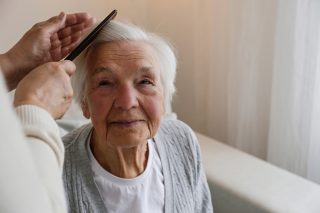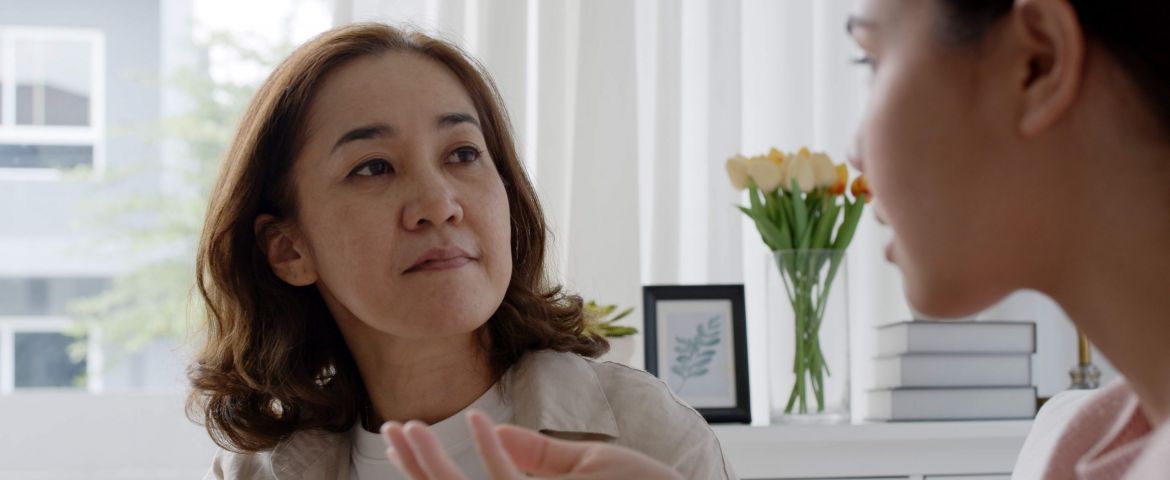The holidays can be a lonely time for people, even if you’re surrounded by friends and family. Loneliness is a growing concern in the U.S., especially since it can affect our mental and physical health in significant ways. In fact, loneliness increases the risk of developing mental health issues, like depression, and even raises the risk of developing a range of chronic illnesses over time.
According to the U.S. Department of Health and Human Services, “the physical health consequences of poor or insufficient connection include a 29% increased risk of heart disease, a 32% increased risk of stroke, and a 50% increased risk of developing dementia for older adults. Additionally, lacking social connection increases risk of premature death by more than 60%.”
32% increased risk of stroke, and a 50% increased risk of developing dementia for older adults. Additionally, lacking social connection increases risk of premature death by more than 60%.”
The National Strategy to Advance Social Connection is a framework of recommendations that everyone from individuals to employers to health systems can put into practice to increase connection and reduce loneliness.
Below are tips and resources to help combat your loneliness and remind you that you aren’t alone, especially during the holidays.
It’s Okay to Feel Lonely
Know that it’s okay to feel lonely, even during happy times. Feeling lonely is, ironically, universal. It is not necessarily about how many people you’re surrounded by – you might feel lonely in a crowd or at a party. Rather, feeling lonely may be because you feel a disconnect from those around you, are going through a life transition, are moving away from family, or any number of other reasons. Remember that feeling lonely from time to time is normal.
Things You Can Do When You Start to Feel Lonely
While loneliness can have different causes, chronic feelings of loneliness may be a reminder that something is off about your social environment or a signal that you need to prioritize  your happiness and connection with others. Fortunately, there are a number of things you can do to feel less lonely. Try committing to regular, meaningful interactions with others (daily, if possible); reduce activities that can take away from social connection – like excessive screen time or social media; make time for social and community groups (for instance, a fitness or a hobby-based group); and even practice gratitude to help you reframe your thoughts. These are just some of the strategies you can use to combat loneliness and nurture your connection with others – the important thing is to find the combination that works for you.
your happiness and connection with others. Fortunately, there are a number of things you can do to feel less lonely. Try committing to regular, meaningful interactions with others (daily, if possible); reduce activities that can take away from social connection – like excessive screen time or social media; make time for social and community groups (for instance, a fitness or a hobby-based group); and even practice gratitude to help you reframe your thoughts. These are just some of the strategies you can use to combat loneliness and nurture your connection with others – the important thing is to find the combination that works for you.
Resources for Loneliness
Priority Health offers free access to MyStrength, a digital mental health application, to Michigan residents ages 13 and up. The MyStrength online tool is safe, secure, and personalized to help users recharge, refresh, and improve their mood. MyStrength now has resources for loneliness, too. Members can sign up for a free account that includes interactive activities, coping tools and other resources, including inspirational community support.
Additionally, if you or a loved one need immediate support for severe emotional distress, contact the Priority Health behavioral health team at 800.673.8043. Confidential help is available 24 hours a day, seven days a week.
Loneliness is a common feeling among people throughout the world. Make sure to check in on your friends, family, and the people you love, to show your support and encourage them to take care of themselves this holiday season. And don’t forget to prioritize your own well-being and social connections as well.


